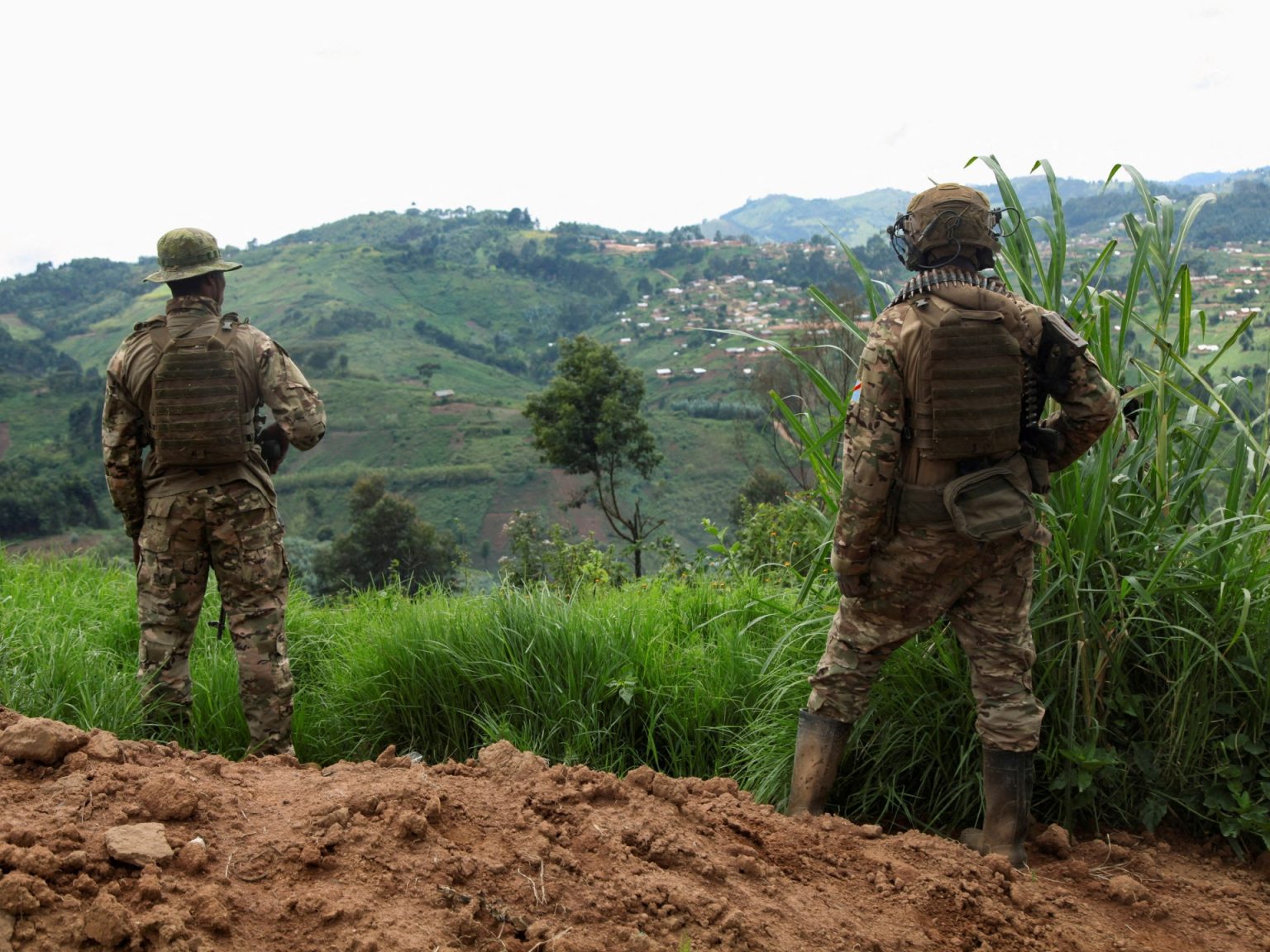The resurgence of the M23 rebel group in the Democratic Republic of Congo (DRC) has intensified, culminating in the capture of the strategically significant town of Masisi. Situated approximately 80 kilometers west of Goma, the provincial capital of North Kivu, Masisi serves as a vital administrative and economic hub. Its seizure represents a substantial advancement for the M23 and raises serious concerns about the group’s growing influence and the potential threat to larger urban centers like Goma and Bukavu. The fall of Masisi underscores the escalating instability in eastern DRC and the pressing need for effective solutions to address the ongoing conflict.
Masisi’s strategic importance stems from its location in a resource-rich, mountainous region, providing access to Goma and other key areas. The town is the administrative center of Masisi territory, a region known for its agricultural output, livestock farming, and mineral deposits. Controlling Masisi gives the M23 access to these resources, potentially bolstering their financial and logistical capabilities. Moreover, the town’s proximity to major urban centers like Goma, a city of over a million people, raises concerns about the rebels’ potential to expand their territorial control and disrupt vital trade routes. The capture of Masisi is a significant blow to the Congolese government and highlights the M23’s increasing military strength.
The M23’s resurgence has triggered a renewed humanitarian crisis, displacing thousands of civilians from Masisi who have fled to neighboring areas, including Goma, already burdened with a substantial displaced population. The influx of refugees further strains existing resources and exacerbates the humanitarian challenges in the region. Goma, a major hub for humanitarian aid and a refuge for millions displaced by previous conflicts, is now facing increased pressure to accommodate the new wave of displaced people from Masisi. The escalating conflict and displacement underscore the urgent need for increased humanitarian assistance and a concerted effort to address the root causes of the conflict.
The M23’s recent advances come amid stalled peace talks and escalating tensions between the DRC and Rwanda. The DRC accuses Rwanda of supporting the M23, a claim Rwanda denies. While Rwanda’s alleged involvement remains a contentious issue, the breakdown of negotiations further complicates efforts to resolve the conflict. The abrupt cancellation of Angola-mediated talks between the presidents of DRC and Rwanda in December 2022, due to disagreements over the terms of a proposed peace deal, highlights the deep distrust and diverging interests hindering a peaceful resolution. The lack of progress in negotiations raises concerns about the potential for further escalation of violence and the deepening of the humanitarian crisis.
The M23, a predominantly Tutsi rebel group, emerged over a decade ago, claiming to protect the Tutsi community against Hutu-led forces. This ethnic dimension of the conflict adds to its complexity and underscores the deep-seated historical grievances that fuel the ongoing violence. The group’s resurgence has sparked renewed fears of further ethnic tensions and violence, further destabilizing the region. Understanding the historical context, including the legacy of the 1994 Rwandan genocide and its spillover effects into eastern DRC, is crucial for addressing the complex dynamics of the conflict and finding sustainable solutions.
The DRC government has vowed to restore state authority in Masisi and other areas under M23 control. However, the rebel group’s recent gains demonstrate its military capabilities and pose a significant challenge to the government’s efforts. The international community, including the United Nations, has expressed concern over the escalating violence and the humanitarian consequences. Finding a lasting solution to the conflict requires a multi-faceted approach, including robust diplomatic efforts, addressing the underlying grievances fueling the conflict, and providing substantial humanitarian assistance to the affected population. The international community must work together to support regional peace initiatives and ensure the protection of civilians caught in the crossfire.

